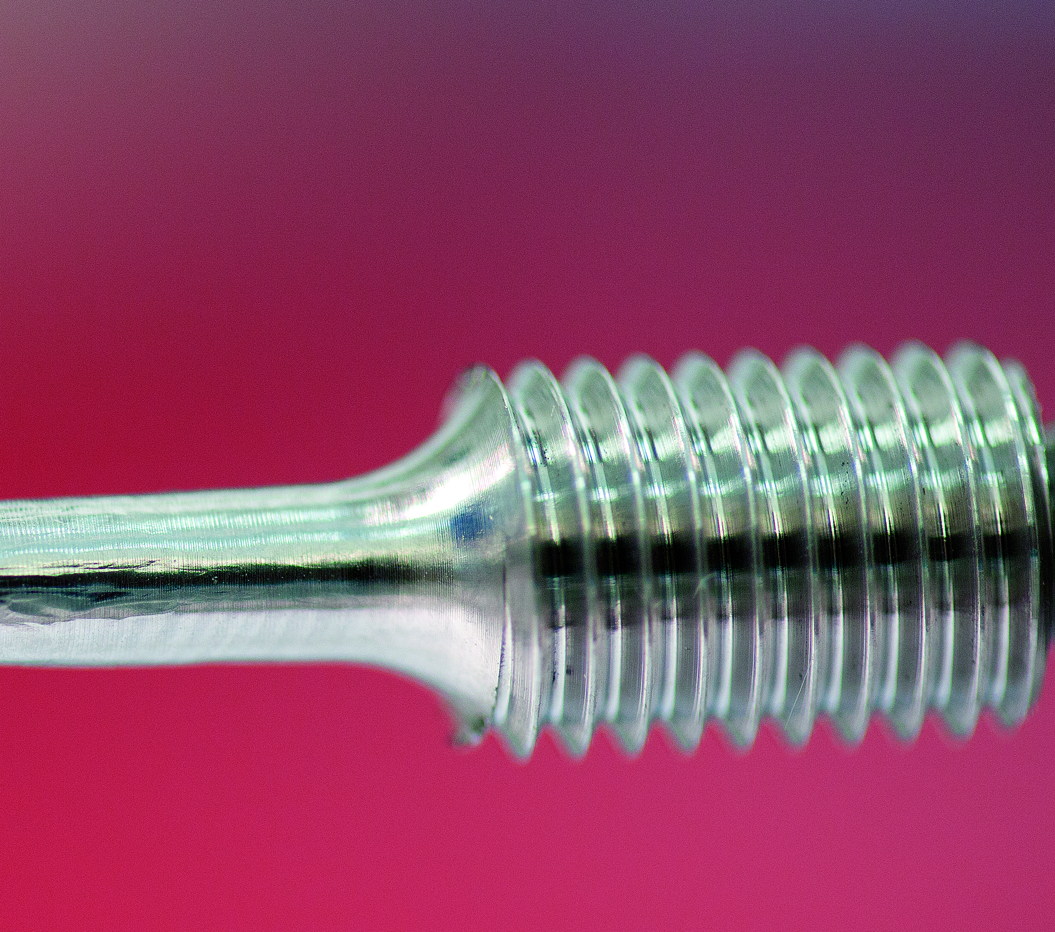Mecatheque
Results of collective works

Sealing capability of anodising layers
The aerospace industry primarily uses 2000 series alloys due to their low density alongside the excellent mechanical properties provided by the alloying elements. However, these alloying elements significantly reduce the corrosion resistance of the material. As a result, surface treatments, such as anodising, are applied; anodising is usually carried out in a chromic acid electrolyte, where the anode film obtained nevertheless represents a problem of porosity requiring the use of a sealing treatment which to date has been performed by adding hexavalent chromium salts. Given that, in 2017, the ECHA (S2052) put a ban on the importing, marketing and use of this substance, the aim of the study is to assess the anti-corrosion performance of two other hexavalent chromium-free sealing processes involving a pre-sealing in the form of a conversion treatment using trivalent-chromium and zirconium-based salts followed by a hydrogen peroxide and lanthanum-based oxidising treatment, for the first process, and a hydrothermal sealing for the second process. Both of these processes have shown promising results.
Author : Cyril Fayolle, Cetim
Updated 09/29/2021










